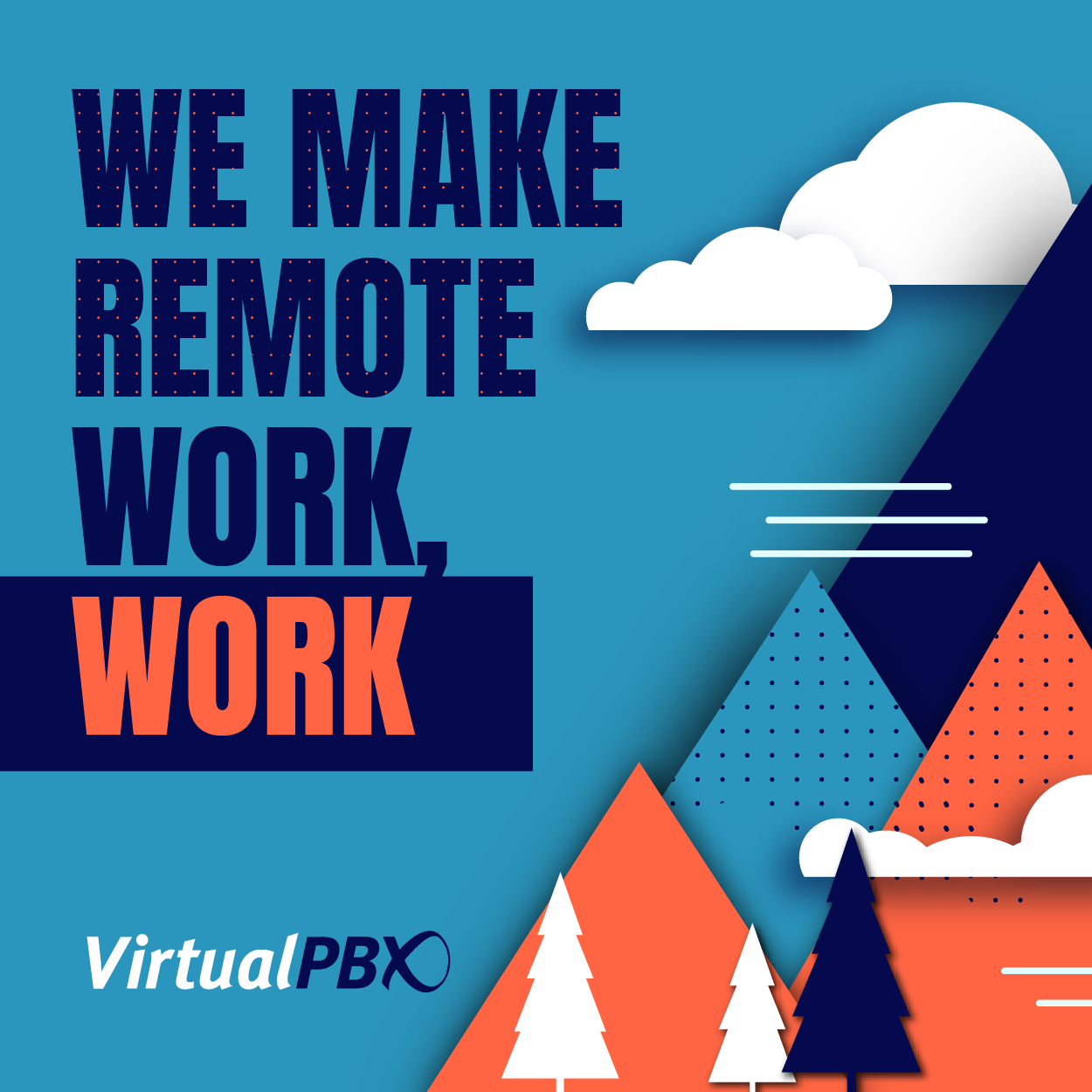 Our guest post today comes courtesy of Riley Panko, a Senior Content Writer at Clutch, a B2B research, ratings, and reviews firm in Washington, D.C. VirtualPBX’s Content Specialist Casey Houser contributed to the report, providing industry context.
Our guest post today comes courtesy of Riley Panko, a Senior Content Writer at Clutch, a B2B research, ratings, and reviews firm in Washington, D.C. VirtualPBX’s Content Specialist Casey Houser contributed to the report, providing industry context.
Robocalls are a growing nuisance, disrupting legitimate communication on both individual and businesses phone networks.
Americans received a shocking 48 billion robocalls in 2018.
Clutch recently conducted a study of nearly 700 people who receive robocalls to understand the steps they are taking to combat them.
The report found that 67% of people are unlikely to pick up a phone call from an unknown number. Experts say robocalls erode trust in phone-based communication.
The survey also reveals that the National Do Not Call Registry is ineffective for the majority of those that sign up. New technology will seek to actively validate legitimate phone calls to combat robocalls, as opposed to just retroactively punishing offenders.
 National Do Not Call Registry Ineffective Over Time
National Do Not Call Registry Ineffective Over Time
More than two-thirds of those that signed up for the National Do Not Call Registry say that it’s ineffective – 49 percent say they receive the same amount of robocalls and 19 percent say they receive more robocalls.
The National Do Not Call Registry was first implemented in 2003 with live telemarketing in mind.
Nowadays, though, most robocalls are automated. This means that robocallers can call a huge number of people in a short period of time, with a human only required when someone actually picks up and takes action on the robocall.
Automated robocallers don’t have much incentive to not call the people on the Do Not Call list – enforcement of the list has been limited.
This is increasingly true as robocallers become harder to track down. The rise of “spoofing” allows robocallers to use VoIP technology to trick caller ID into displaying any number. This means that many people do not know who is actually calling them, and where they might be located.
STIR/SHAKEN Will Actively Validate Legitimate Calls
The future of robocall protection requires a proactive approach.
The Federal Communications Commission supports the implementation of two initiatives known as the “Secure Telephone Identity Revisited” (STIR) standard and the “Signature-based Handling of Asserted information using toKENs” (SHAKEN) standard. Together, they are known as STIR/SHAKEN.
This technology checks all incoming phone calls for the presence of a certificate, distributed by a trusted policy administrator. If the number contains the certificate, then the call will be validated. This may be displayed on caller ID with a check mark, similar to how Twitter verifies accounts.
VirtualPBX applauds the adoption of STIR/SHAKEN.
“We actively support new anti-spam measures such as SHAKEN/STIR that create a traceable, encrypted phone connection between caller and receiver,” said Casey Houser, Content Specialist at VirtualPBX. “This new tech made a big splash recently with the FCC and large telecoms, and its adoption throughout the telecommunications market should mark a large decrease in the amount of spam callers receive.”
So Far, Only T-Mobile is Ready
The FCC recently pushed for major telecom providers to be ready to adopt the two standards. As of early 2019, only T-Mobile announced they were ready for implementation.
Robocalls will not be stopped with traditional preventative practices. STIR/SHAKEN may be a glimmer of hope in a world overrun with robocalls.







